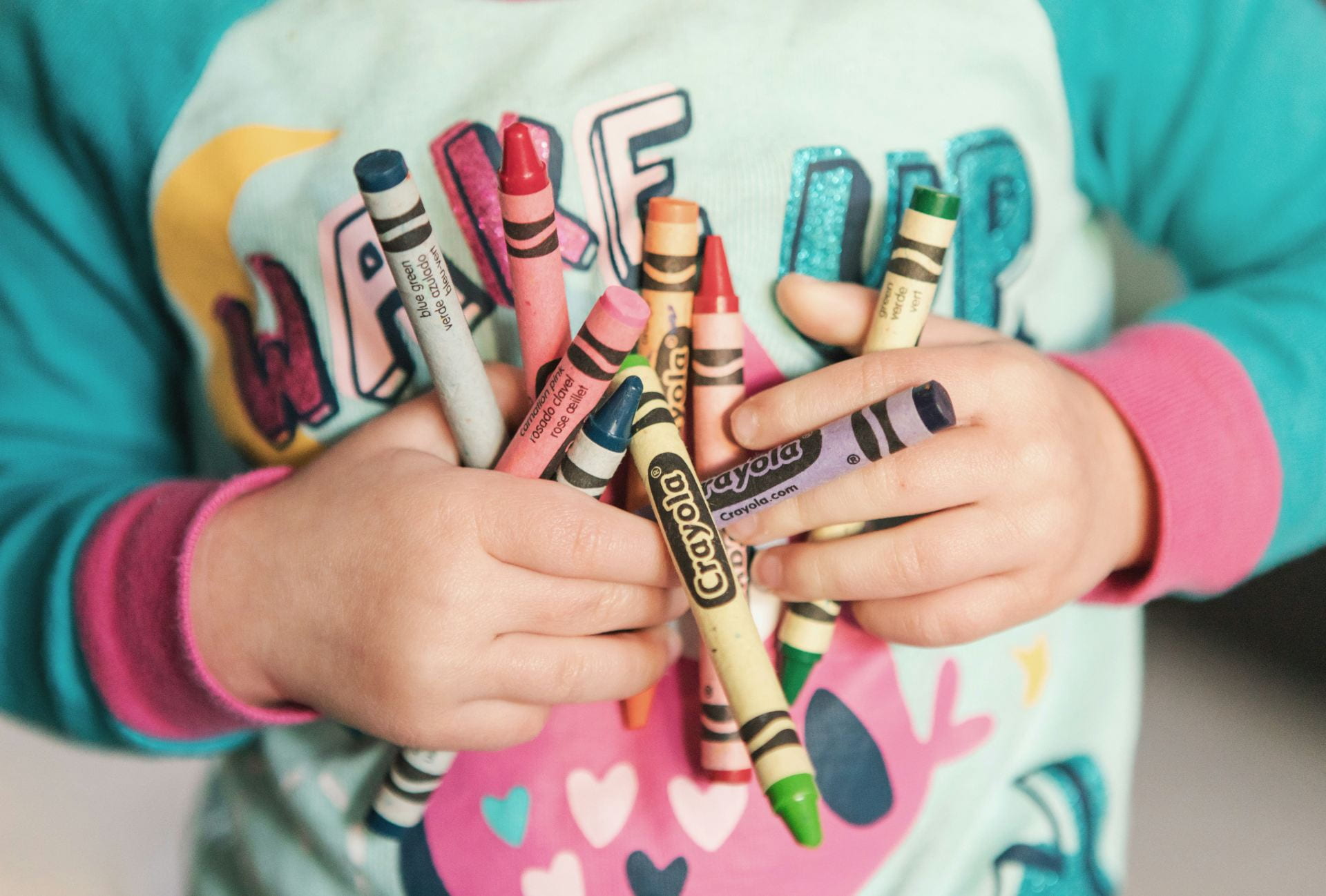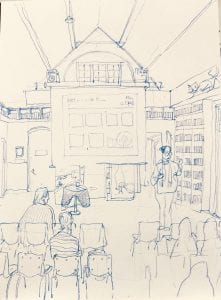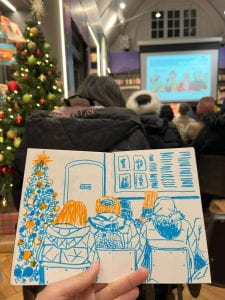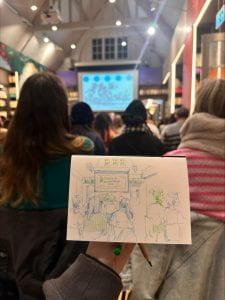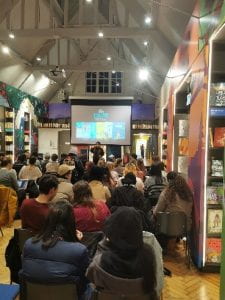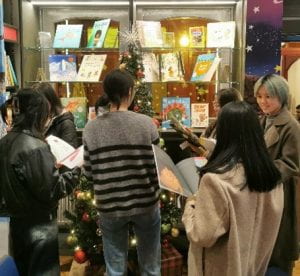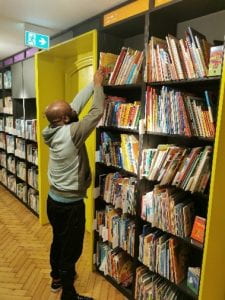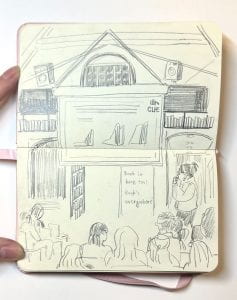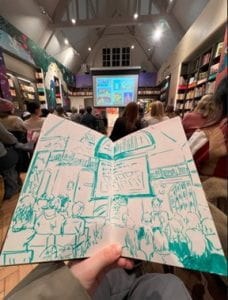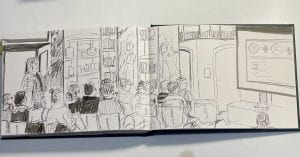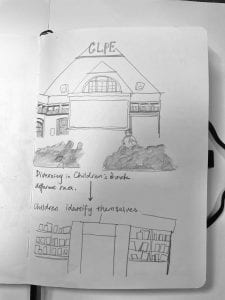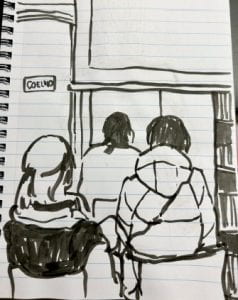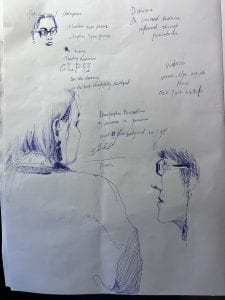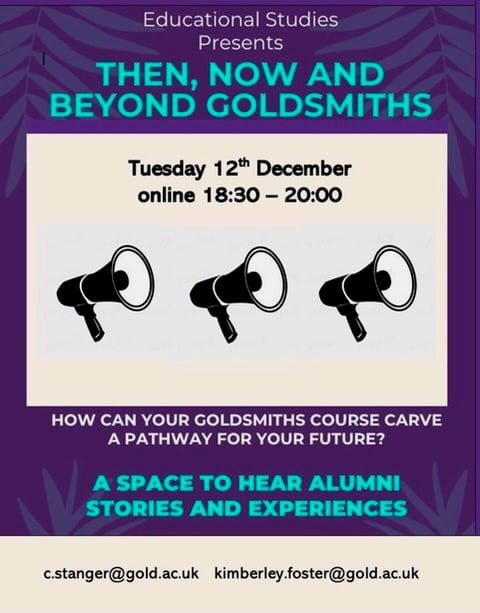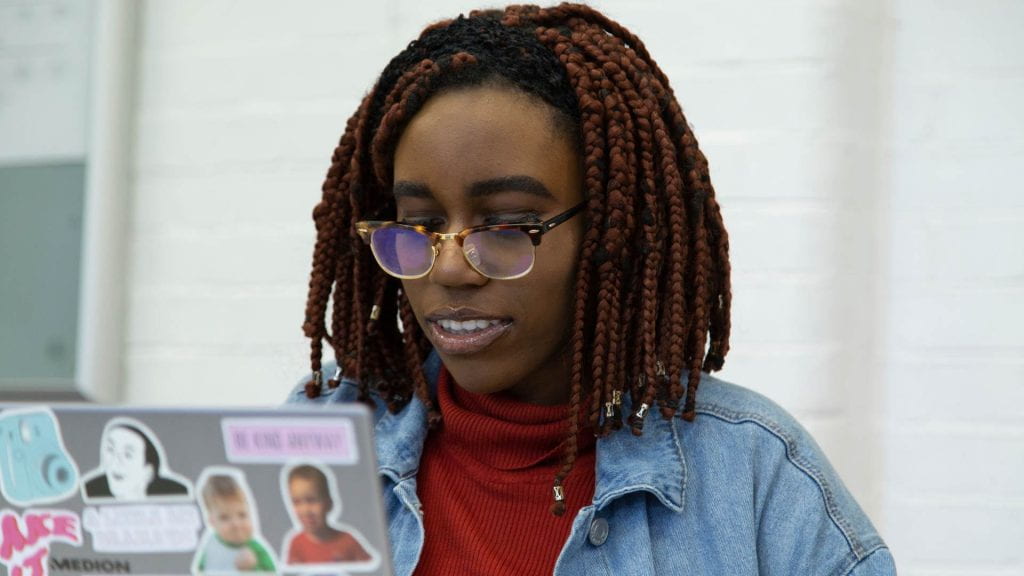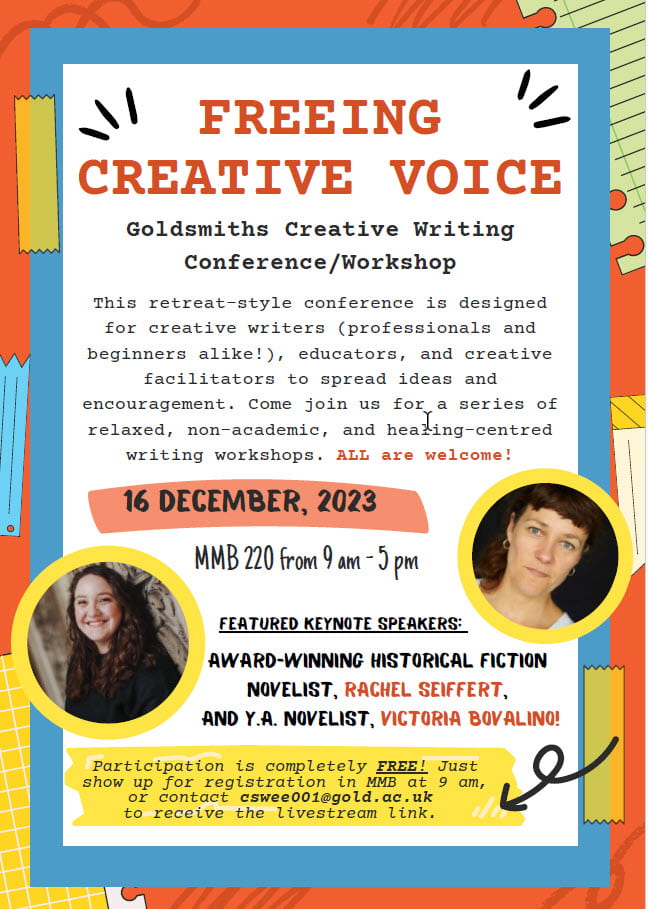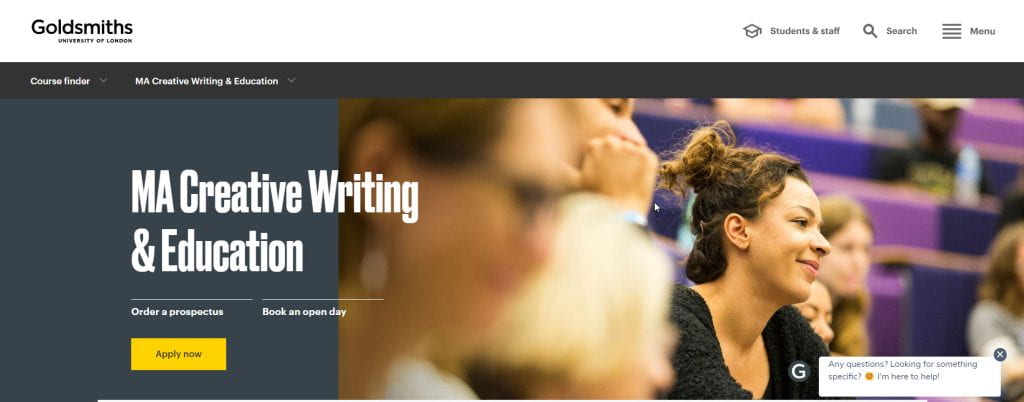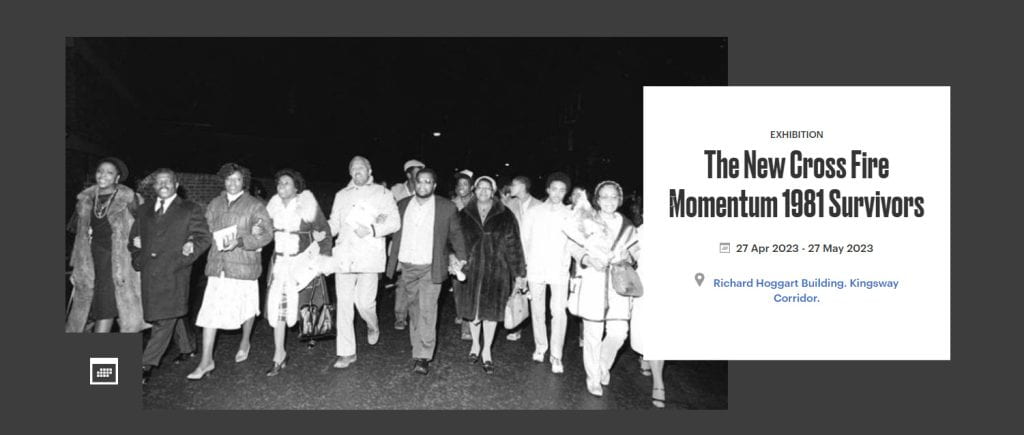It is early July in Deptford Green schools and students from Goldsmiths, funded by the British Academy’s SHAPE initiative, are working with teachers and pupils at the school to co-create a ‘Parklife Toolkit’. They are looking at designs for possible websites for the Parklife Toolkit: considering fonts, colour schemes, lay outs. What will make the website attractive for other schools and community groups?
First, the pupils were asked by our website designer, a Media student at Goldsmiths, Yanning Tan, to:
Rank these 4 fonts (see above link) according to which would be best for the Parklife website? Don’t look too closely at the font in particular, instead focus on the overall vibe and impression of it! Do we want something more professional, or something more playful…or somewhere in between?
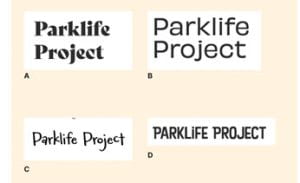
Then second, they were asked to consider:
Colours and possible logos – Which appeal most to them? Do the colours look visually appealing and do they fit the image of Parklife? If not what colours might be better?
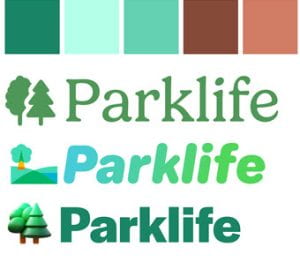
Website layouts and designs. Which one do they prefer and why? Any specific elements that they like about the design?
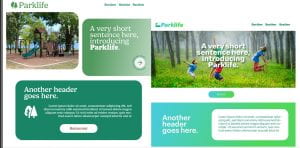
After some long discussions, the layout, fonts and colour schemes were agreed. You’ll have to wait until the website is launched to see the final result though, there was much debate and controversy amongst the pupils.
A series of other key ideas and concepts were considered, which are represented on these pieces of sugar paper. A key aspect of the Parklife project was doing creative research. The pupils and Goldsmiths students co-created this rather marvellous but simple series of steps.
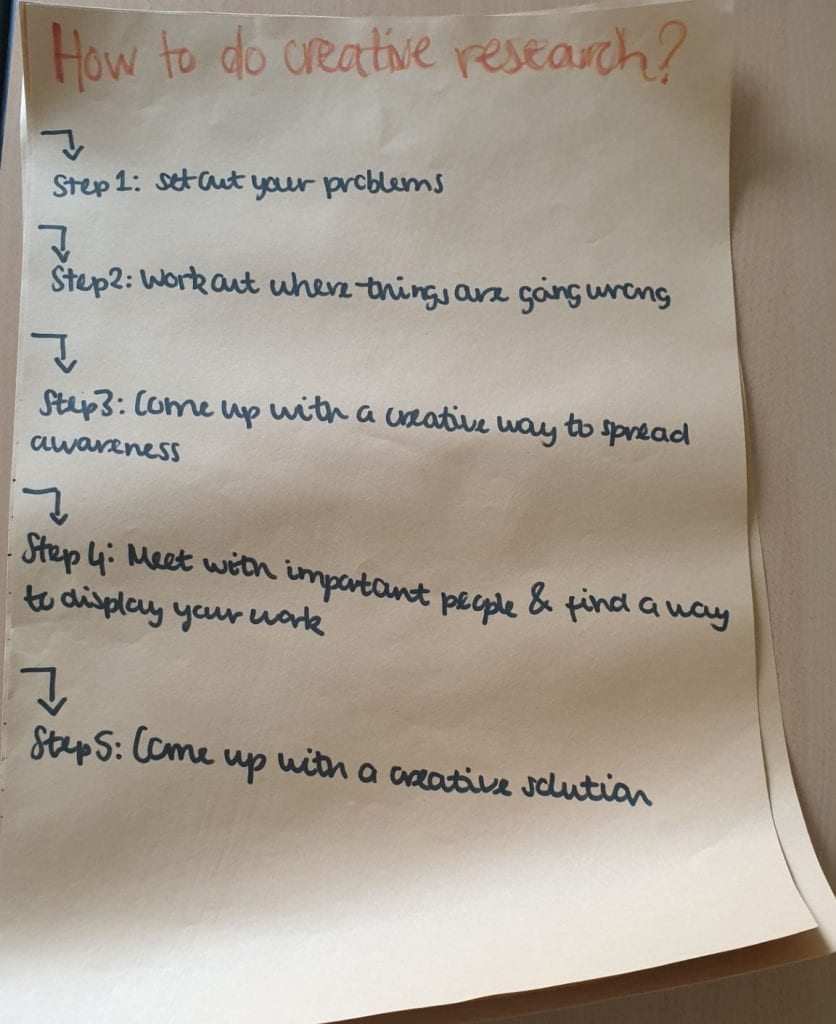
The pupils considered the journey they went on during the Parklife Project so that they could put this into their Toolkit. This piece of sugar paper contains a rough series of points:
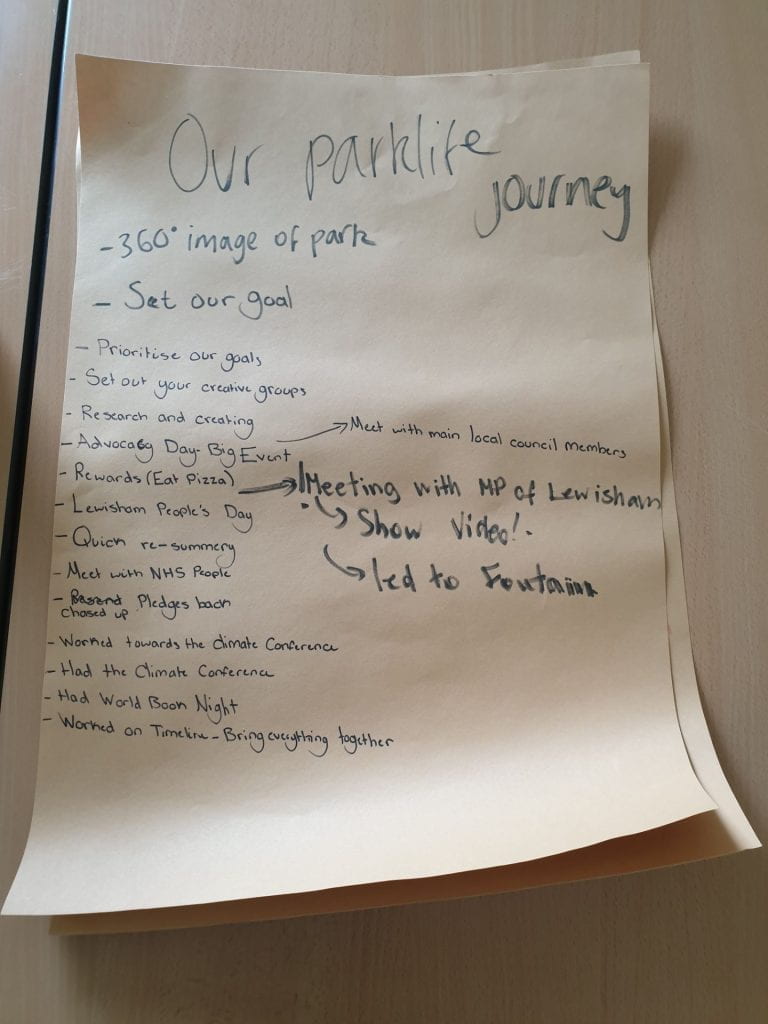
The Goldsmiths’ students helped the pupils discussed each of these important events and experiences connected with the Parklife Project:

Autumn Sharkey, a Goldsmiths student on the MA in Creative Writing and Education, summed up the timeline in this way:
1 Creative research
We split into three groups – the art group, the creative writing group and the litter picking group. We made a video of a hedgehog going through the woods and the forest using a 360 camera, we made a cottage poem and we painted artwork bringing to life what it could look like.
2 Advocacy day
Delegates from our local council joined together to listen to our manifesto. This included changes that needed to take place to impact safety, litter and engagement of the youth in our local park. The session started with the Parklife team presenting our creative research, which was followed by a Q&A session and a pledge writing activity, which were then followed up with. This helped us connect with the local community and bring change.
3 Following up on pledges from the council
The pledges were created from our short term and long term goals which were safety, litter and engaging young people. We collaborated, worked together and communicated by emailing the pledges back out to those who had attend the advocacy day to remind them about what they said they would do.
4 Meeting the mayor of Lewisham
Meeting the mayor of Lewisham was an important step that we have taken in order to achieve some changes in the park. During the meeting we used a shortened script from advocacy day in order to further advocate for our worries. We used the video to persuade and got some neutral response. They explained that the council doesn’t have enough resources to implement all of these changes, however we got to the point of agreement about a possible water fountain.
5 Building the water fountain
We prepared for the meeting with snacks and all of our creative work, and then the Lewisham Council came to school – we introduced ourselves and the project, explained how we want to change the park using our creative work. We asked them questions, and they took note, they said ‘no’ to a few, and discussed other points. We asked for the fountain and they built it.
6 Lewisham People’s Day
We went to Lewisham People’s Day to celebrate the work that we had created and spread awareness about park life. THis helped our confidence to stand up for our park and show others the significance of what we had done.
7 Meeting the NHS
We went to visit the local NHS workers to the park and discussed the flower garden that had been mentioned before in our meetings with Sarah Lang. The flower garden is being predicted to create
8 Interviewing the police about park
We were asking a lot of questions like how often does crime happen in the park, also we discussed the perception versus the reality of the park. We were discussing the statistics on how often crime happens and also the security of the park.
9 Major school survey about safety
We conducted a major school survey to determine the areas that cause the most fear. We discovered that the underpass caused the most feelings of lack of safety. We used this data to create our quiz.
10 Create an interactive quiz
The interactive quiz was first supposed to be made to raise awareness about our local green space. It was made as a Netflix film in order to engage as many as possible and make them realise the difference between perception and reality. However, later on we used it in our own climate conference in order to explain to the participants that were attending that although this relates to every park, it is better to check the reality rather than base our lives around possibilities.
11 Climate conference
We started practicing how to project our voices, we used what we’d already been doing to encourage other schools, and made a stand and a powerpoint to show how we’d changed the park – and then we added a quiz to stop them getting bored.
12 World Book Night
We collected together our best poems about Parklife, and then practised performing them to each other in a safe and kind way. We got in contact with the people who ran the local library and asked to present our poems to them and the local community. We were quite nervous when we presented the poems, but everyone was very appreciative. The local people asked us lots of questions about the project, and we were able to answer them very fully. It was a good experience to feel their interest and curiosity. They invited us back to do more events. It was a great connection to make.
As you can see by the Powerpoint presentation painstakingly and lovingly created by our Creative Writing and Education student, Gabriella Sepsik, there were plenty of proud and memorable moments:
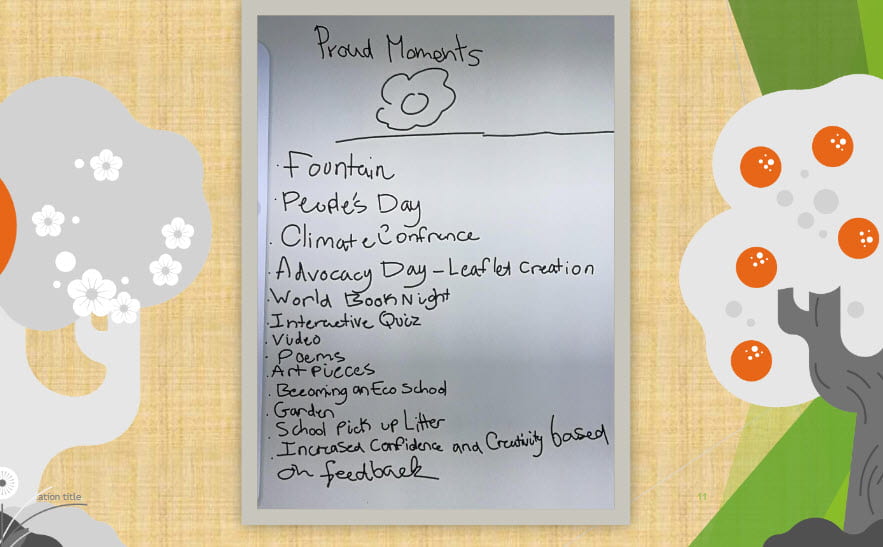
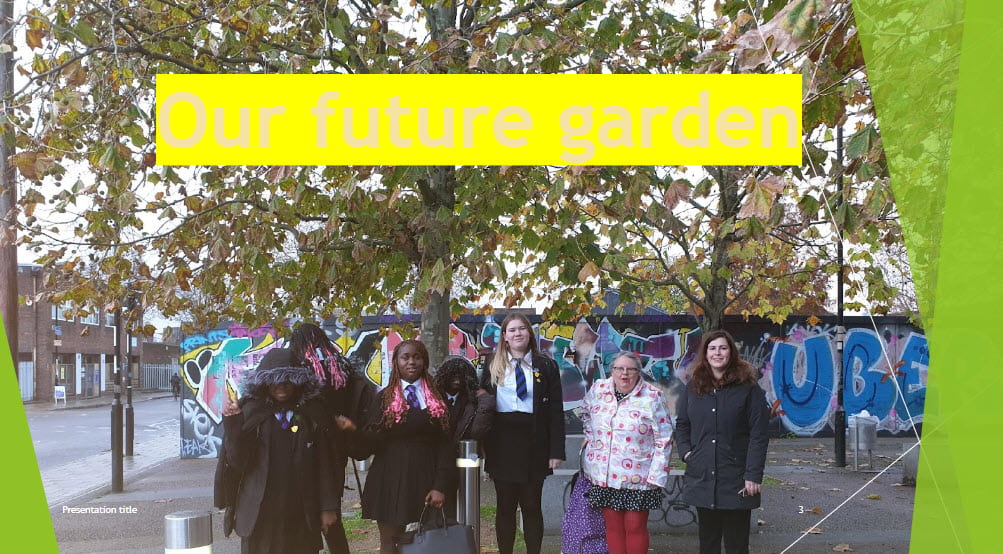
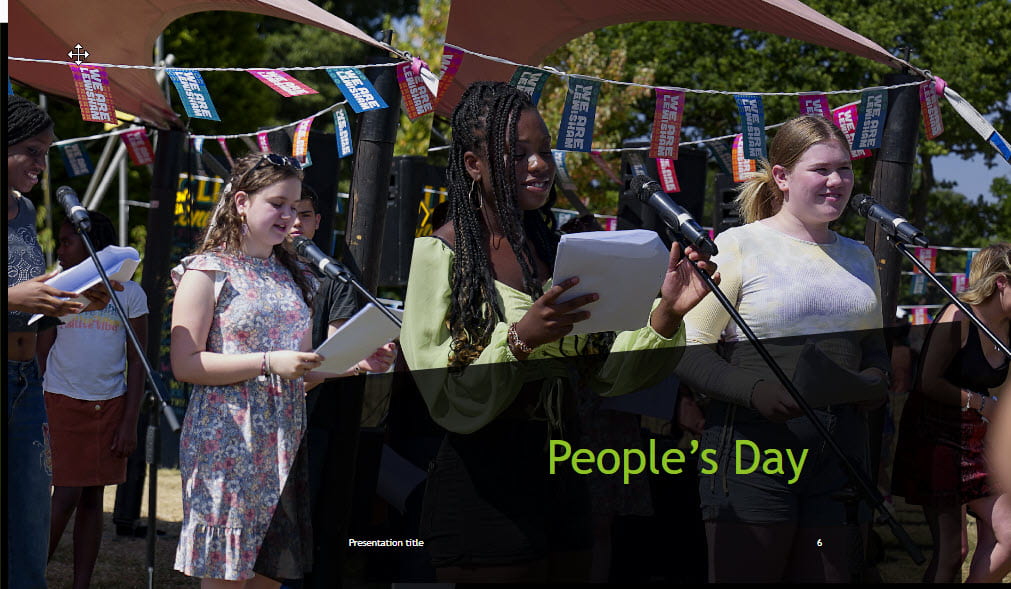
The project led to some wonderful creative work being produced:
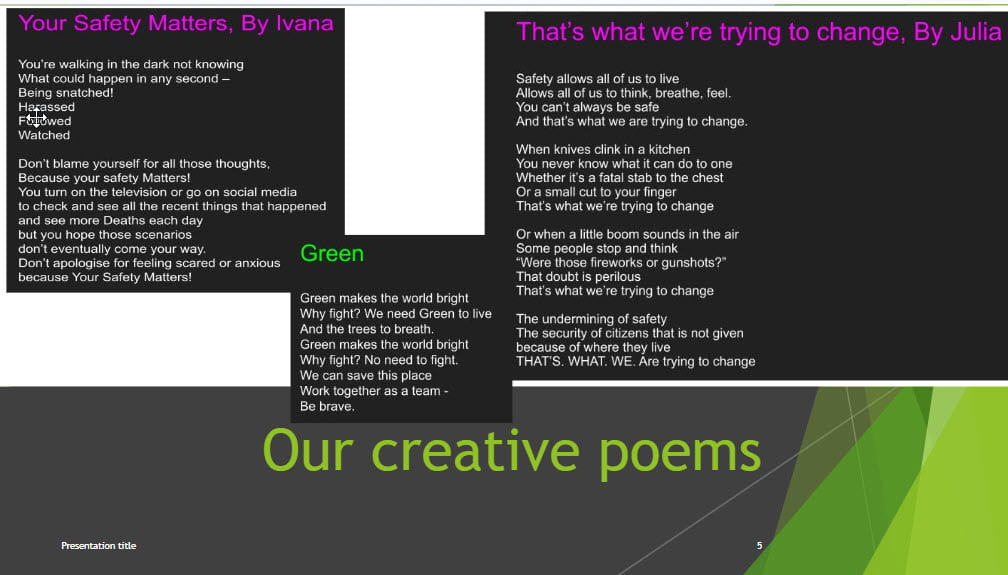
A key feature of the project was to have clear goals and indicators of success. This poster illustrates this:
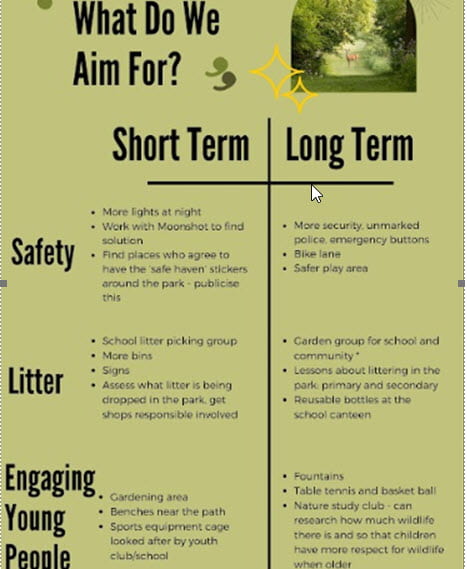
Christine Khisa supervised the last part of the creation of the Toolkit and really motivated the pupils to produce some great advice on how to run a Parklife project. These results will be shown in the upcoming Toolkit!
Meanwhile, Laura Dempsey at Volunteers for Future, and Rebecca Deegan, at I have a voice, two social enterprises that work with schools across the country, are devising their own Toolkit, which is aimed at primary school teachers and volunteer facilitators. It will also incorporate student research, ideation and design but aimed at a younger age group. We can’t wait to see what Toolkit they come up with as well!
The aim is that by the end of July, we will have two Toolkits in place: a toolkit aimed at teenagers, secondary schools and community groups and a toolkit aimed at primary school teachers. Both will go on the website that Yanning will create. In September, with the Toolkits published, we will start on the next phase of the Parklife project which will be test and trial the Toolkits with a number of schools: 3 secondary schools and/or local organisations, and 3 primary schools and/or groups which work with primary aged children. The final deadlines of the trialling and testing year have yet to be decided, but the funding has been secured so it’s definitely going to happen. We can’t wait to see how the Parklife Toolkits might work with other schools and organisations!
